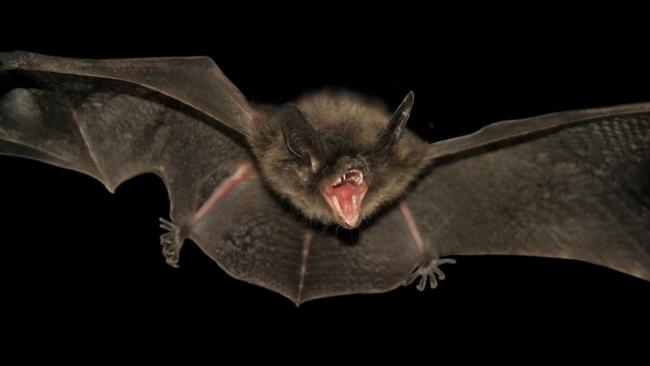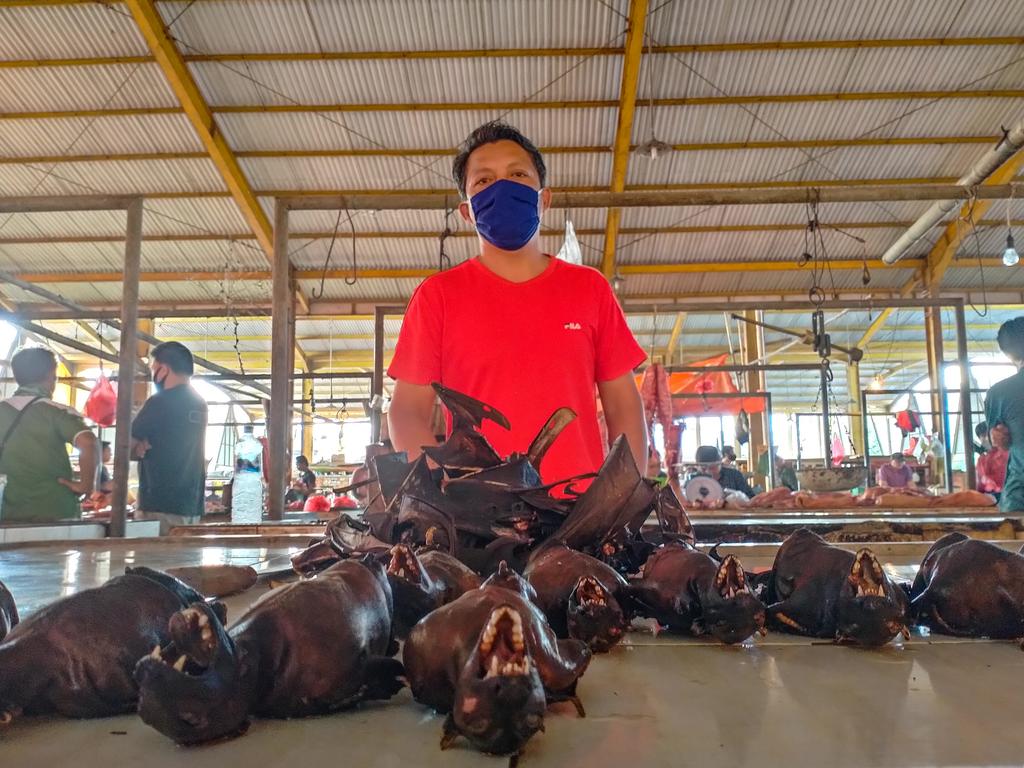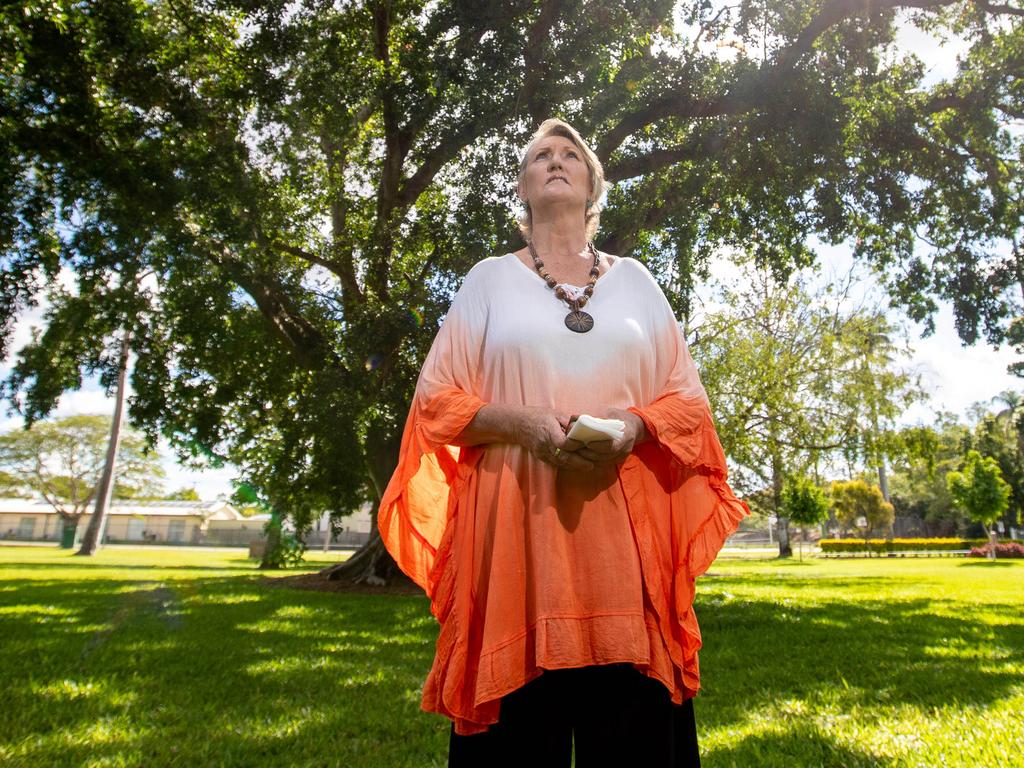Coronavirus: Warning of more animal diseases passing to humans
Expect to see rising outbreaks of diseases from animals, says the woman leading the battle to produce a Covid vaccine.

Societies will face rising outbreaks of disease spreading from animals to people, according to the scientist leading the battle to produce a vaccine for the coronavirus.
Sarah Gilbert, of Oxford University, has argued that human activity is driving an increasing threat of animal to human transmission, known as zoonotic diseases.
She claimed that the risk will increase because the trend towards greater globalisation is unlikely to be diminished by Covid-19.
There is broad scientific consensus that Covid-19 emerged in bats and infected humans via another animal, probably in a market in Wuhan, China.
Other deadly diseases such as ebola, Sars and the West Nile virus have also originated in animals. “Greater population density, greater travel, deforestation - all of these things make it more likely that these outbreaks will happen and then something will spread,” Professor Gilbert told The Independent.
“Because of the way things have been going in the world it’s more likely we’ll have zoonotic infections causing outbreaks in the future.”
The Oxford project being led by Professor Gilbert is awaiting results of the third phase of a trial of its vaccine. If a high level of efficacy is proved the team has said that a vaccine could be available at the end of this year. AstraZeneca, the pharmaceutical partner in the Oxford project, has committed to producing two billion doses by next summer. The vaccine is being trialled by tens of thousands of volunteers in Britain, South Africa, Brazil and the United States.
Other vaccines in development have entered into the same stage and Professor Gilbert said there was a “very good chance” that some would prove effective. “We’ve seen good levels of neutralising antibodies, we’re seeing strong T-cell responses from some of them,” she said. “If this works, other vaccines will also work. We expect there to be multiple vaccines.” T-cells are involved in the immune system.
Professor Gilbert said that the spread of zoonotic diseases was more likely because of an increasing global population and the ease of international travel. She also pointed to ecological issues such as deforestation.
She said that there had been significant successes in fighting diseases that earlier in history had been catastrophic for humans. “We’ve eradicated smallpox, as it doesn’t exist in animals,” she said. “We’ve come very close to eradicating polio - a very good result this week: no polio in Africa. That’s huge.
“There are other diseases like measles that could in theory be eradicated as there’s not an animal reservoir. But that doesn’t apply to flu, and flu is in lots of migratory wild birds and we can’t get rid of that reservoir.
“It will continue to start to infect people and then there will be another pandemic with a different type of flu that we haven’t seen before.”
In July Professor Gilbert told The Times that she was optimistic about the search for a Covid-19 vaccine. “It’s all very good news,” she said. “The vaccine is behaving as we expected. That’s great. There’s lots more to do, but really it’s a milestone.”
At the time Adrian Hill, director of the Jenner Institute at Oxford, where the research is taking place, said that progress towards finding a vaccine depended on larger trials in the UK as well as in the US, Brazil and South Africa.
Scientists will use those trials to gauge whether the jab prevents infections and disease. “It’s possible that there’ll be a vaccine being used by the end of the year,” Mr Hill said.
The government has secured at least 90 million doses of potential vaccines from various sources, including overseas companies, in an attempt to spread its risk between different technologies.
Officials at two other vaccine projects, one from the Chinese company Cansino Biologics and the other from a partnership between the American drugmaker Pfizer and Biontech of Germany, have also recently issued positive trial updates.
The Times







To join the conversation, please log in. Don't have an account? Register
Join the conversation, you are commenting as Logout